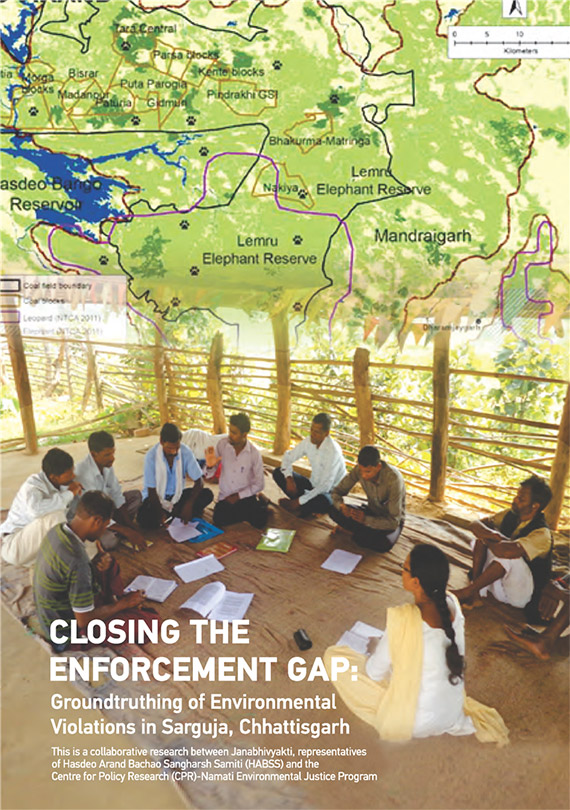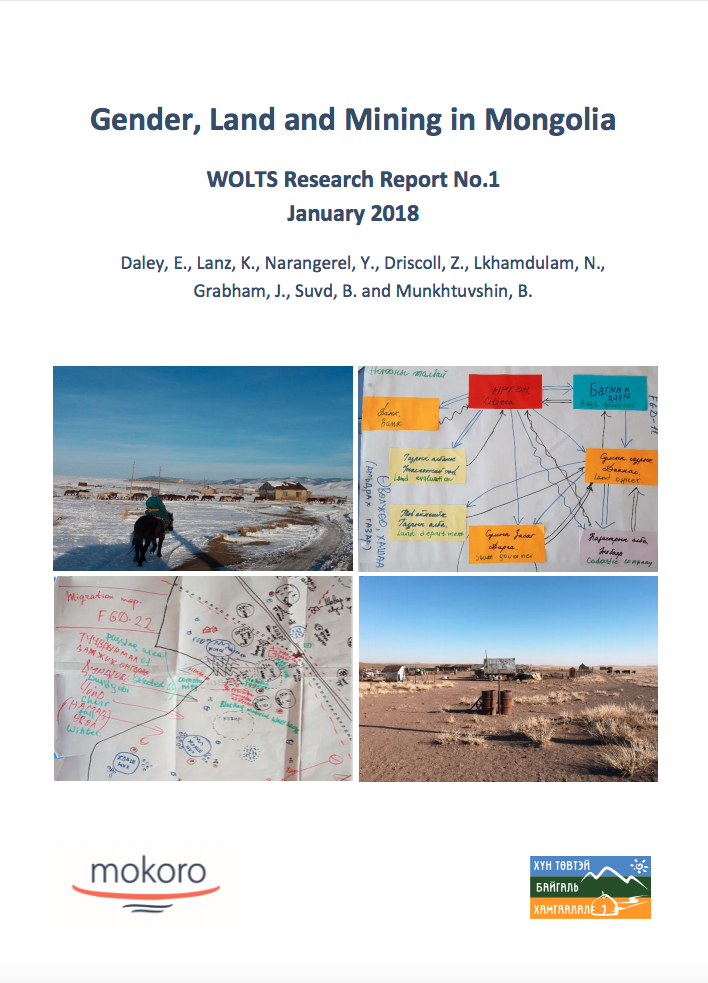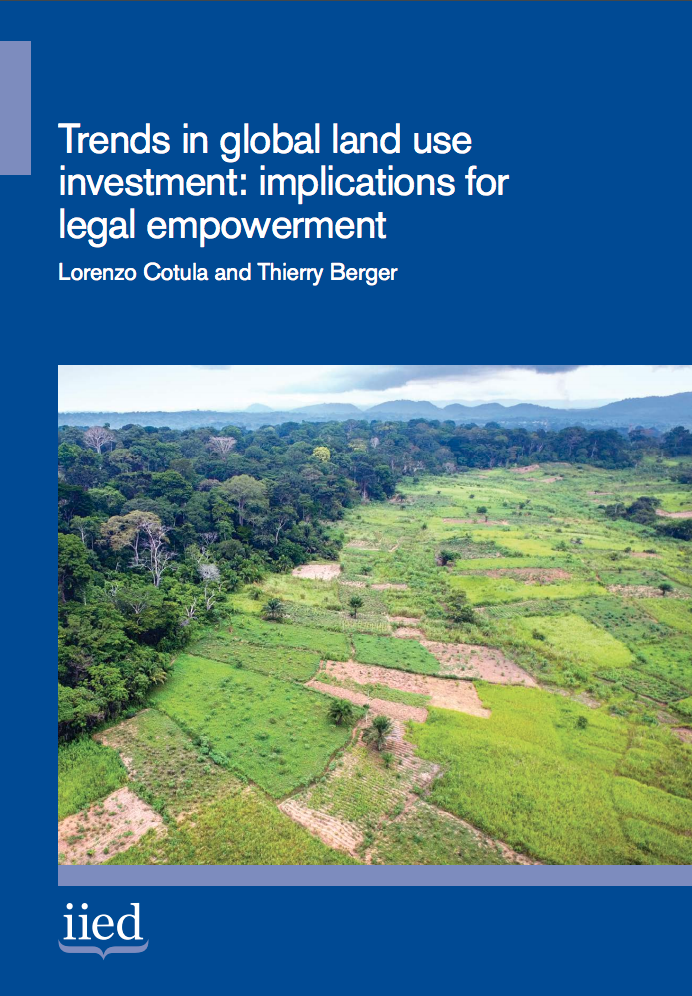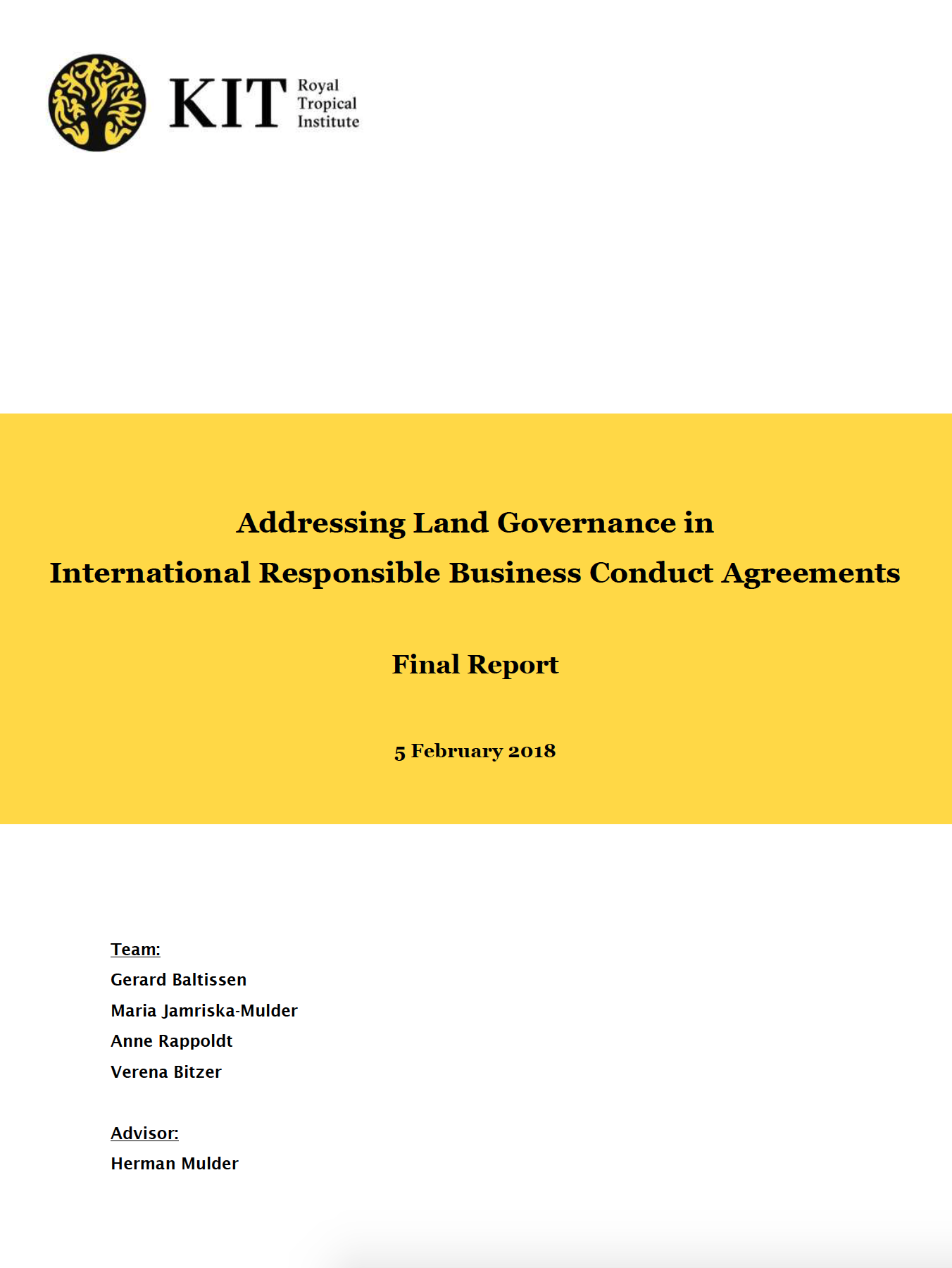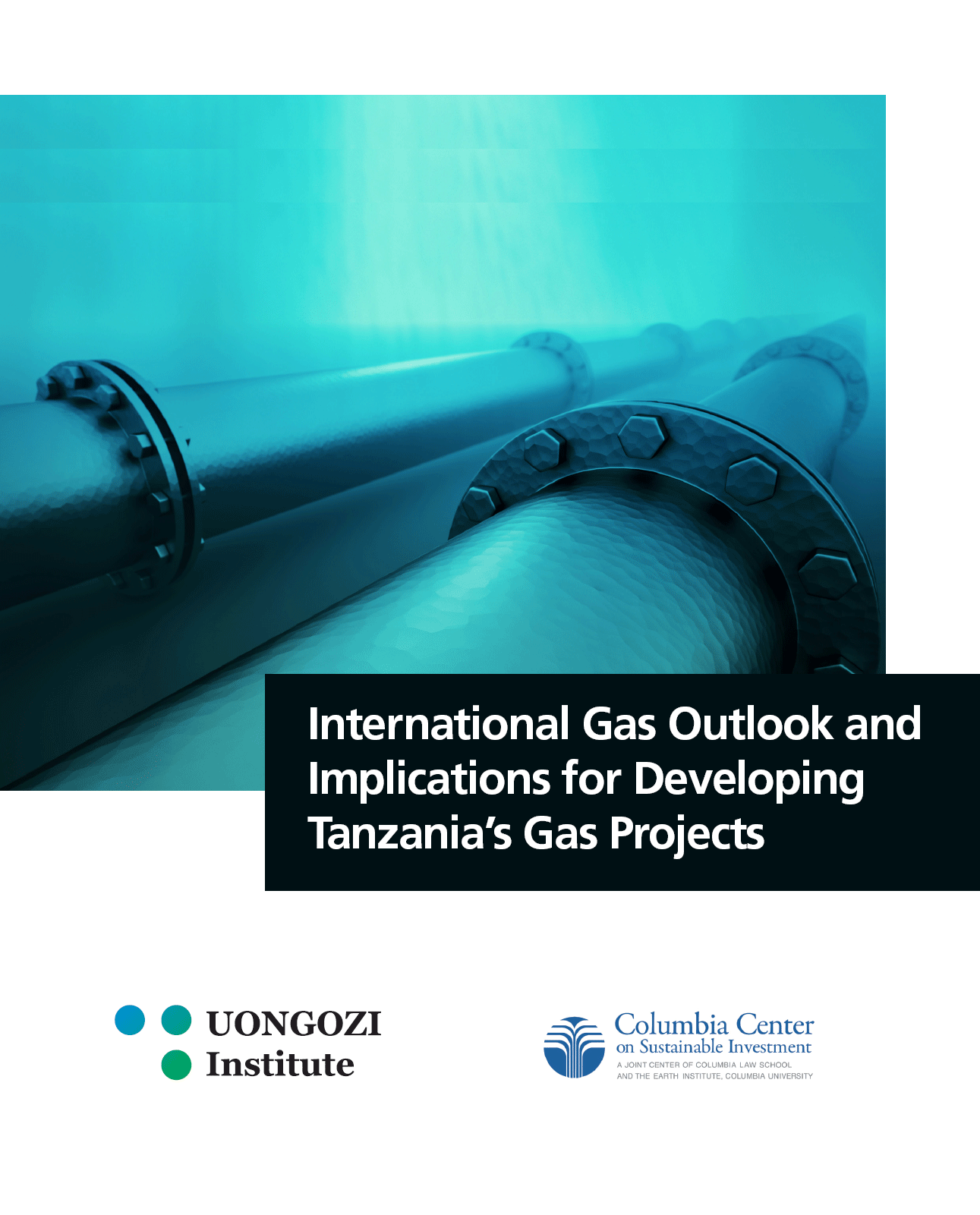Closing the Enforcement Gap: Groundtruthing of Environmental Violations in Sarguja, Chhattisgarh
This document, titled Closing the Enforcement Gap: Groundtruthing of Environmental Violations in Sarguja, Chhattisgarh,is the second in the series of community led groundtruthing exercises carried out by the Centre for Policy Research (CPR)-Namati Environmental Justice Program in partnership with Janabhivyakti and Hasdeo Arand Bachao Sangharsh Samiti (HABSS).

